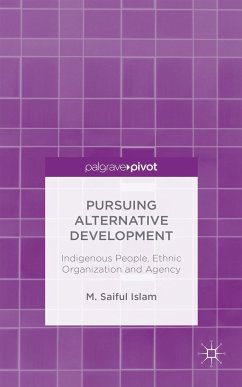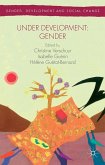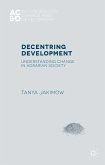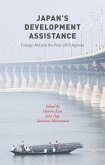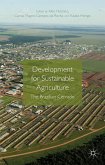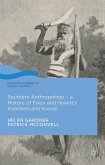Anthropologist Islam ... delivers a succinct, extremely timely text on alternative forms of development ... . book itself is rather short, with a healthy balance of academic and lay writing styles that make the text quite accessible to readers interested in community development ... . Libraries with collections concerning community development, poverty alleviation, and the cultural dimensions of health and sustainability will be best served to have a copy of this title. Summing Up: Highly recommended. Upper-division undergraduates and above." (K. M. Woosnam, Choice, Vol. 53 (10), June, 2016)
"This book will definitely enliven the debate about alternative ways of 'development'. The case study presented shows convincingly that underprivileged groups can develop themselves rather than being developed by others. Overall this is a useful text foracademics, students and practitioners." - Hans-Dieter Evers, Emeritus Professor of Development Studies, University of Bonn, Germany
"This book offers both an anthropological critique of development, and also a pioneering ethnography of unusual indigenous organization working to improve the life conditions of its people. It is a superb ethnography and a well-written text, bearing a powerful moral message." - Gordon Mathews, Professor and Chair of the Department of Anthropology, The Chinese University of Hong Kong, Hong Kong
"This book will definitely enliven the debate about alternative ways of 'development'. The case study presented shows convincingly that underprivileged groups can develop themselves rather than being developed by others. Overall this is a useful text foracademics, students and practitioners." - Hans-Dieter Evers, Emeritus Professor of Development Studies, University of Bonn, Germany
"This book offers both an anthropological critique of development, and also a pioneering ethnography of unusual indigenous organization working to improve the life conditions of its people. It is a superb ethnography and a well-written text, bearing a powerful moral message." - Gordon Mathews, Professor and Chair of the Department of Anthropology, The Chinese University of Hong Kong, Hong Kong

